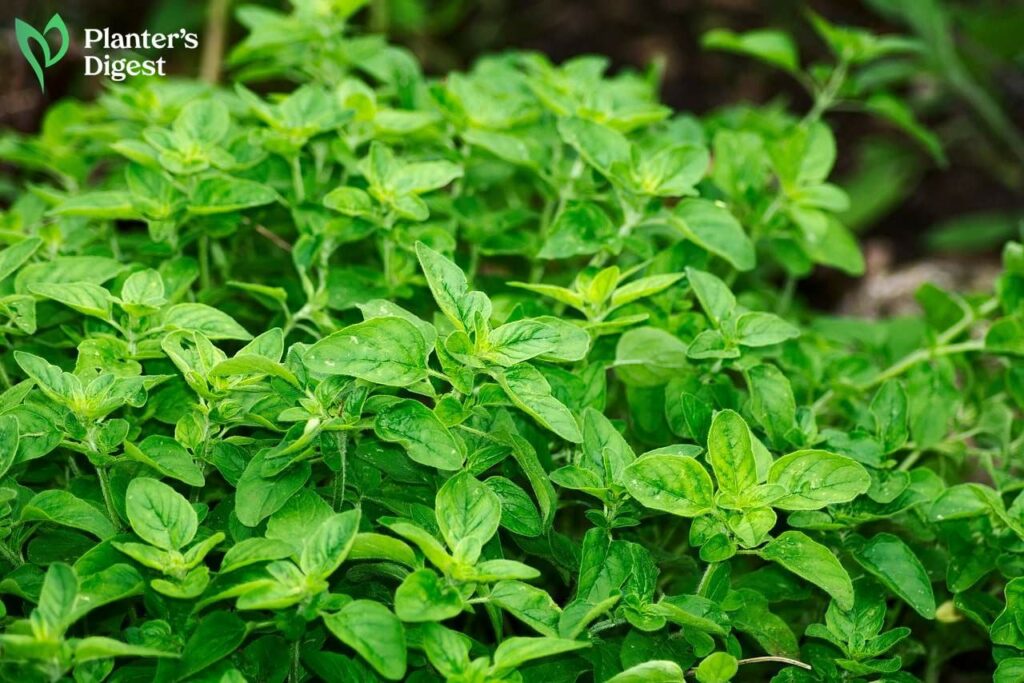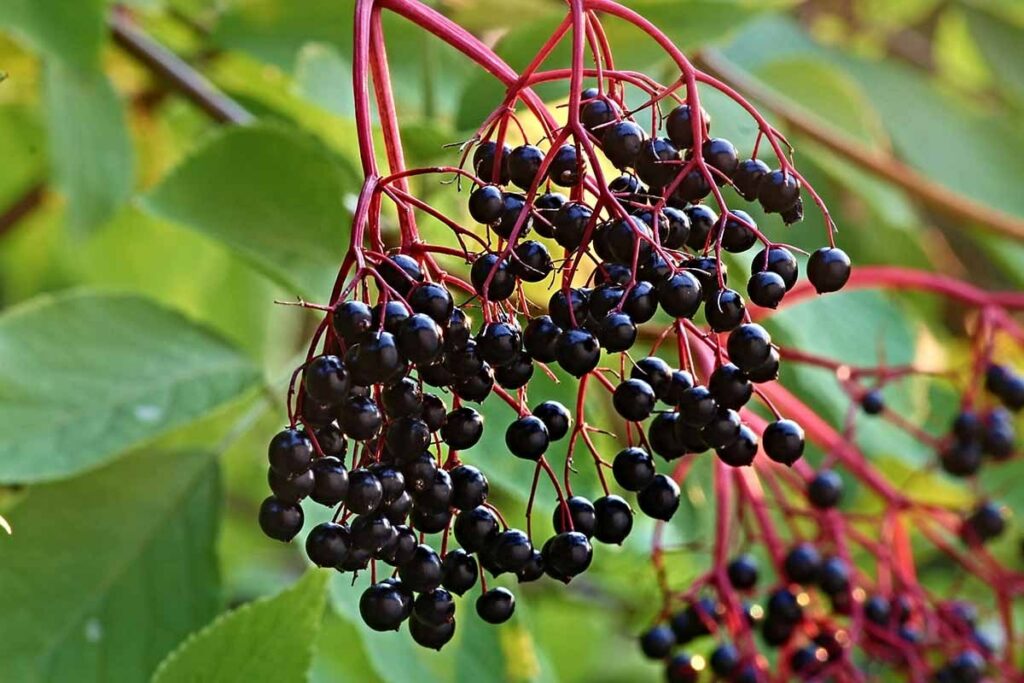We love oregano for its intense, pungent flavor and countless health benefits, but sadly, the feeling is not mutual with neighboring plants in gardens.
Oregano can be an aggressive grower and a garden menace that crowds out other plants. In this article, we’ll explore the effects of oregano on gardens and how you can control and enjoy this herb without harming other plants.
What is oregano?
Oregano is a perennial herb known for its flavorful and edible leaves. It is native to the Mediterranean region and widely cultivated for its culinary and medicinal benefits.
| Scientific Name | Origanum vulgare |
| Common Name | Oregano |
| Family | Lamiaceae |
| Propagation | • Division • Leaf Cutting • Root Cutting • Seed |
| Edibility | • Leaves • Flowers |
| Flavor | • Earthy • Minty • Slightly bitter |
| Height | 1 to 3 feet |
| Soil | • Well-drained • Rich in organic matter • Sandy loam • Slightly acidic (6.0 to 6.5 pH) |
| Sunlight | • Full sun • Partial shade |
| Hardiness Zone | USDA zones 5, 6, 7, 8, 9, and 10 |
| Spacing | 12 to 18 inches apart |
It’s a hardy plant that can thrive in well-drained and slightly acidic, sandy loam soil and drought conditions. Plant it in an area where it receives at least 6 hours of full sun daily.
Oregano’s leaves and flowers are edible and described to have an earthy, minty and slightly bitter flavor. They’re used for tomato dishes, pork stuffings or making sauces.
Oregano is also rich in antioxidants, antibacterial, anti-inflammatory, antifungal and antiviral properties, making it a popular natural remedy for centuries.
For instance, oregano oil effectively kills bacteria, fungi and viruses that cause urinary tract infections, food poisoning, yeast infection, flu virus and herpes simplex virus.
On the other hand, its high antioxidant content helps protect cells against damage from free radicals and prevents chronic diseases like cancer and heart disease.
Is oregano invasive?
Oregano is an invasive plant that can spread by its seeds and creeping root system, taking over gardens. The oregano plant deprives neighboring plants of nutrients and crowds them out, eventually killing them.
Oregano grows in a spreading habit because of its creeping roots called rhizomes. These roots form dense mats that grow up to 1 foot deep and help the plant gather nutrients and propagate quickly.
This plant is declared invasive in Australia, New Zealand, South Africa, the United Kingdom, California and Florida.
How do you control the spread of oregano?
To control the spread of oregano, plant them in containers or raised beds, install physical barriers or prune them regularly.
Read on to learn how to apply each control measure in your garden.
1. Plant oregano in containers.
Using pots, containers, or planters will not only prevent it from competing with nutrients from other plants and crowding them out but also prevent it from invading your garden.
2. Install physical barriers.
You can install plastic or metal borders around your oregano plant to contain its spread in your garden. If you want a natural border, apply mulch or stones around the oregano to further restrict its spread and growth.
2. Prune oregano regularly.
Another way is by regularly pruning your oregano plant to keep them from growing too large, control its aggressive growth, and remove damaged leaves or branches. You can also remove its flowers before they bloom to prevent them from producing seeds.
FAQs on Oregano Plants
An oregano plant spreads up to 18 inches depending on sunlight, water and nutrients available.
Pests do not like oregano because of the strong and pungent smell of its leaves. Oregano is a natural insect repellent against aphids, spider mites, cabbage loopers, mosquitoes, slugs, snails and cucumber beetles.
An oregano plant can live between 3 to 7 years, depending on the growing conditions.
Oregano plants take 6 to 8 weeks to grow fully, depending on the amount of sunlight, soil quality, watering and fertilizer used.
Oregano is a self-propagating plant that produces new shoots from its runners and spreads its rhizomes or creeping roots underground.





